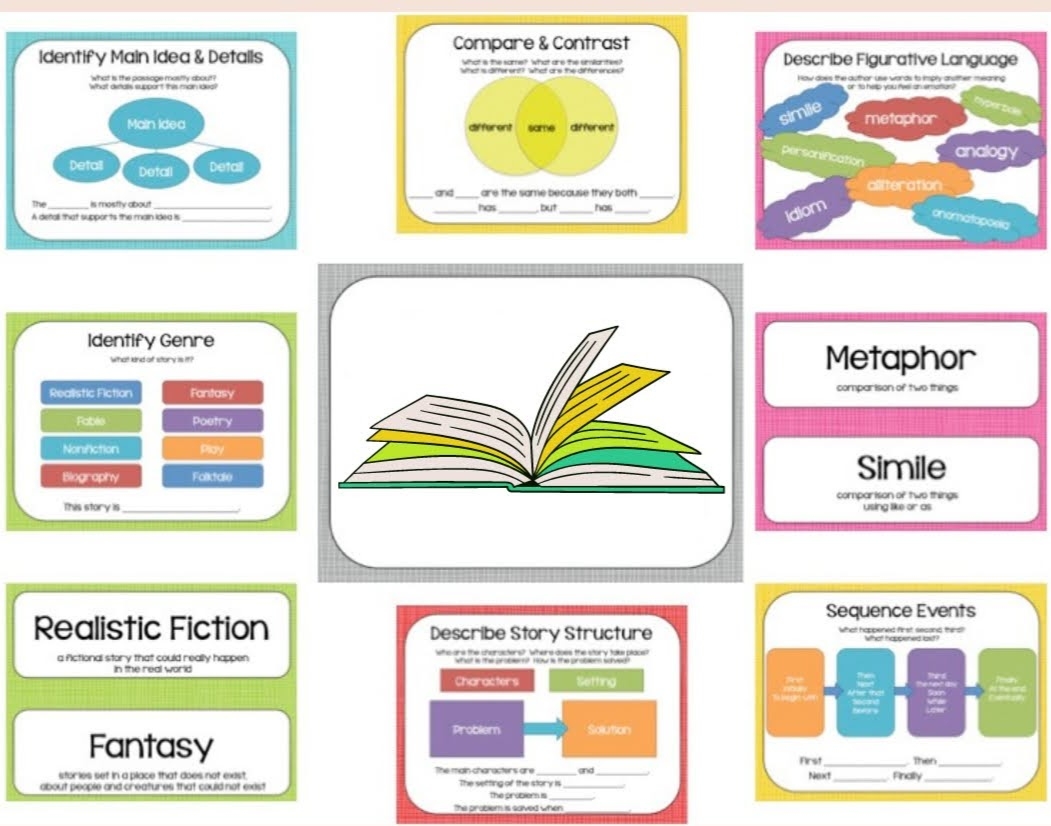Reading comprehension is a crucial skill that allows readers to understand and interpret written text. By employing various strategies, readers can enhance their ability to comprehend and retain information from what they read. Below are some examples of effective reading comprehension strategies.
One of the key reading comprehension strategies is activating prior knowledge. Before reading a text, readers can recall what they already know about the topic. This helps them make connections between new information and their existing knowledge, making it easier to understand the text. By activating prior knowledge, readers can also anticipate what they might learn from the text, which can enhance comprehension.
Examples of Reading Comprehension Strategies
Another effective strategy is making predictions while reading. Readers can use clues from the text to predict what might happen next or how the text will unfold. By making predictions, readers actively engage with the text and stay focused on the content. This strategy also helps readers monitor their understanding and adjust their predictions as they read further.
Summarizing is another valuable reading comprehension strategy. After reading a section of text, readers can summarize the main points in their own words. This helps them consolidate their understanding of the text and identify the most important information. Summarizing also aids in retaining information and can be a useful tool for studying or reviewing material.
Visualizing is a powerful reading comprehension strategy that involves creating mental images of the text. By visualizing the characters, settings, and events in a story, readers can better understand and remember the content. This strategy can make the text more engaging and help readers make connections between the words on the page and their own experiences.
Lastly, asking questions while reading is a valuable strategy for improving comprehension. Readers can pose questions about the text, such as clarifying confusing information or predicting outcomes. By actively engaging with the text through questioning, readers can deepen their understanding and critical thinking skills.
In conclusion, employing various reading comprehension strategies can enhance readers’ understanding and retention of written text. By activating prior knowledge, making predictions, summarizing, visualizing, and asking questions, readers can improve their comprehension skills and become more effective readers.
